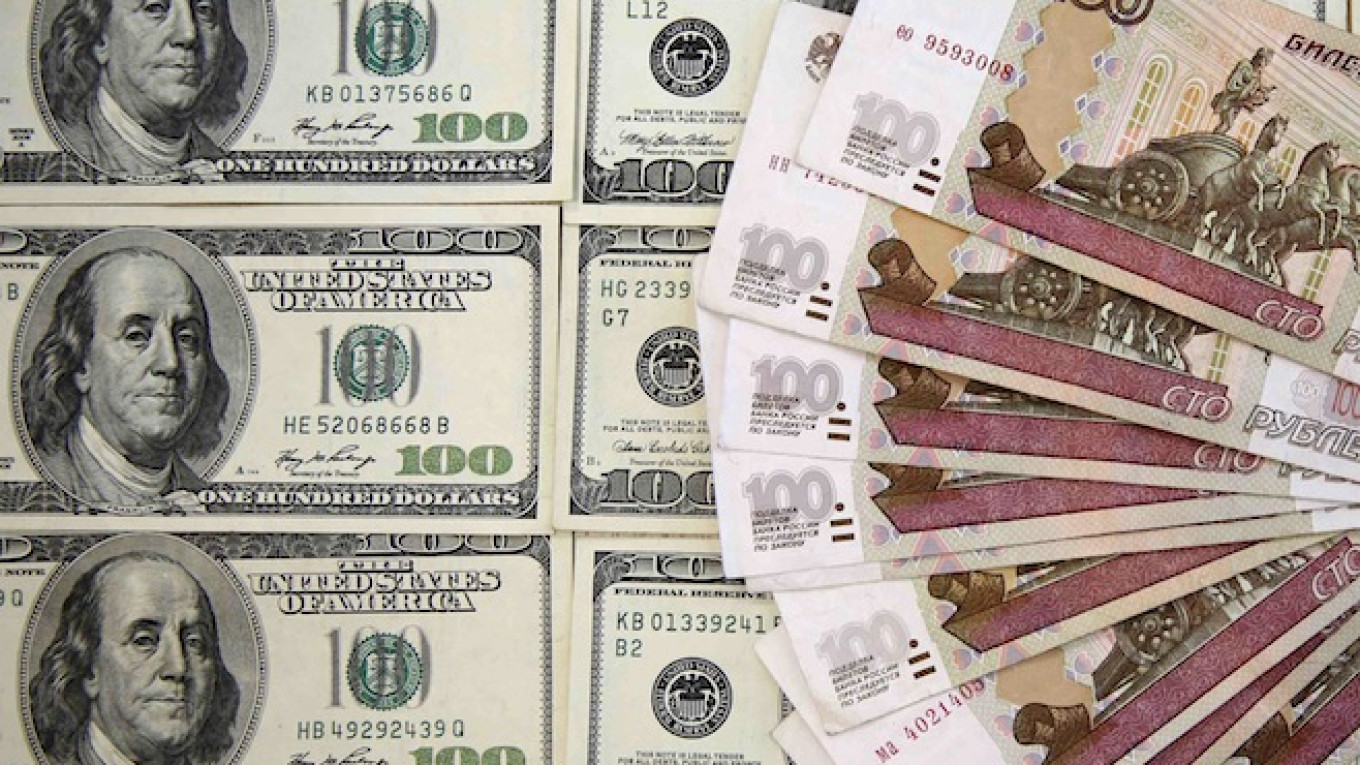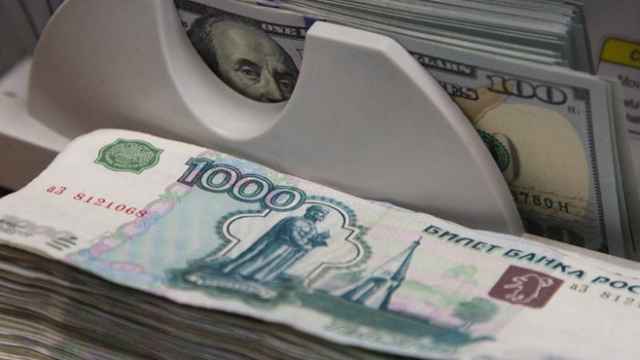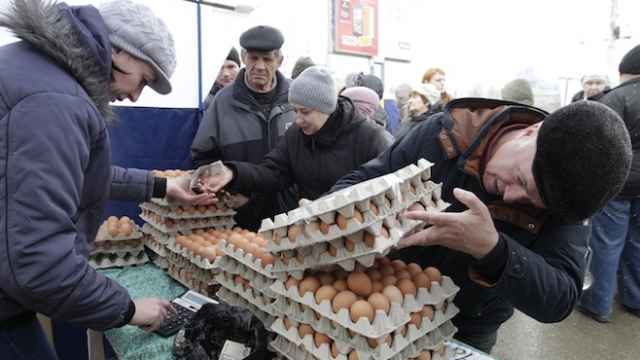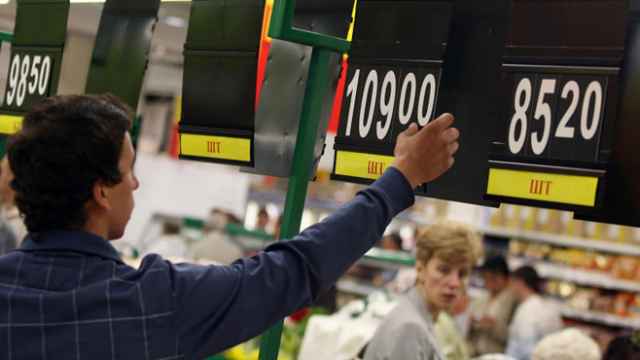The ruble strengthened on Tuesday, extending gains from Monday and climbing to 2015 highs against the dollar and the euro, boosted by higher oil prices and improved confidence in the Russian currency.
At 15:05 GMT, the ruble was around 1 percent stronger against the dollar at 54.93 and was up 1.5 percent at 59.68 against the euro.
The ruble dipped below 55 against the dollar for the first time since Dec. 30 on Tuesday and below 60 rubles per euro for the first time since late November.
It was lifted late on Monday by a 5 percent jump in international oil benchmark Brent, as traders reassessed how quickly Iran might increase exports and anticipated that a months-long rise in U.S. crude inventories may be slowing.
Brent built on those gains on Tuesday afternoon, rising over 1 percent to around $58.8 per barrel. Oil is Russia's main export, making it a key driver for Russian assets.
"The uptick in oil prices definitely provided support to the Russian FX market, although we think the main reason behind the ruble's recent strong performance was the covering of USD/RUB longs that were opened a couple of weeks ago by international investors," analysts at VTB Capital said in a research note.
Sberbank analysts said the ruble's recent rise was probably aided by households converting foreign currency into rubles, reversing their $30 billion purchases of other currencies last year.
"At the moment the ruble's [upward] correction looks overzealous as it exceeds the relative correction in oil and the U.S. dollar," they wrote. "At current oil prices we expect USD/RUB to hover comfortably around 56-57."
Russian stock indexes were little changed on Tuesday after registering firm gains on Monday.
At 15:05 GMT the ruble-based MICEX index was down 0.3 percent at 1,695 points but the dollar-based RTS was up 0.1 percent at 972 points.
A Message from The Moscow Times:
Dear readers,
We are facing unprecedented challenges. Russia's Prosecutor General's Office has designated The Moscow Times as an "undesirable" organization, criminalizing our work and putting our staff at risk of prosecution. This follows our earlier unjust labeling as a "foreign agent."
These actions are direct attempts to silence independent journalism in Russia. The authorities claim our work "discredits the decisions of the Russian leadership." We see things differently: we strive to provide accurate, unbiased reporting on Russia.
We, the journalists of The Moscow Times, refuse to be silenced. But to continue our work, we need your help.
Your support, no matter how small, makes a world of difference. If you can, please support us monthly starting from just $2. It's quick to set up, and every contribution makes a significant impact.
By supporting The Moscow Times, you're defending open, independent journalism in the face of repression. Thank you for standing with us.
Remind me later.






